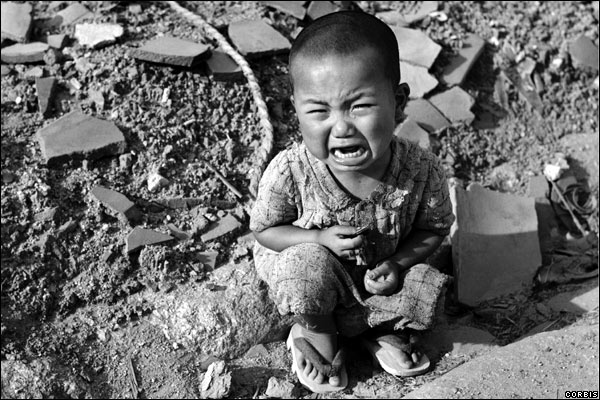
The period during WWII in America represented a period of immense patriotic pride and unity in an effort to defend and protect a wounded nation who had been attacked without having provoked it. This sentiment of national unification was displayed in many ways in different spheres of America's society. Music played a vital role in the support of the war effort and became the inspiration for many to take an active role by enlisting in the Armed Forces. A great contributor to the cause of using music as a medium to spread the patriotic sentiment to every corner of America was Glenn Miller.
Glenn Miller was a successful band director and musician who became very successful during the early years of WWII. His unique style and unusually proper way of handling the many times disordered and sometimes decadent music industry, made him a very admired and sought-after entertainer. In addition, Miller created a new, all American form of swing, which contrary to the reigning style of swing -fast, upbeat and characterized by solo instrumentation and an urban feel-, was sweeter, more melodic and homogeneous (no instrumental solos) and dealt with romantic and small town themes:
"Besides merging swing and sweet, city and town, Miller consciously sought to
build and all-American team that fused the ethnic big city and the Protestant
heartland."
Besides changing the sound of swing, Miller's most amazing act was to leave his prominent music career to enlist in the military, showing his support and becoming an example of true love for the nation.
Although he left a very profitable business behind, Miller had the opportunity to bring his music and his message to American troops everywhere. He formed bands, dancing and singing groups and other types of entertainment, because he realized that although he was a musician, his abilities lied on the managerial aspect of entertainment. This ability of leadership was specially useful for him during his military career.
During WWII, service bands were racially segregated, a trait Miller shared in the process of forming his musical groups. His ensembles were 100% white, opposite contemporary non-military swing bands which were composed of white and black musicians. However, the all-American traditional values and small town reminiscent themes transcended class and ethnic lines. Miller's style of swing became accepted and embraced by all Americans, no matter their class, age or ethnic background. Most of all, Miller's swing was preferred by young Americans who were influenced to internalize the national patriotism derived by these songs.
The popular music of WWII made Americans hate what the enemy cultures stood for and made them love everything America symbolized, promoting the support of American citizens for their troops and thus, promoting morale.
"Swing symbolized a war to defend an American way of life under attack."
Music in the home front became a crucial part of the war with the help of the government and the music industry cooperatively. The goal was to bring a message of unity and patriotism to all Americans and to show the spirit of the American citizens to the rest of the world.
Miller made his final sacrifice when his plane vanished over the English channel on December 15, 1944. His death and ultimate sacrifice made him and icon, and his legacy still continues.













































































